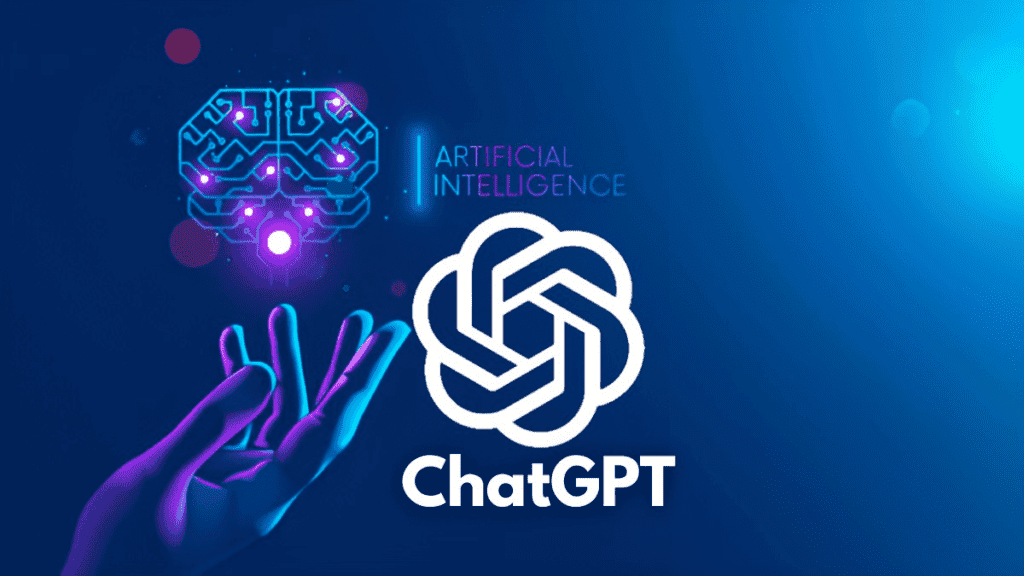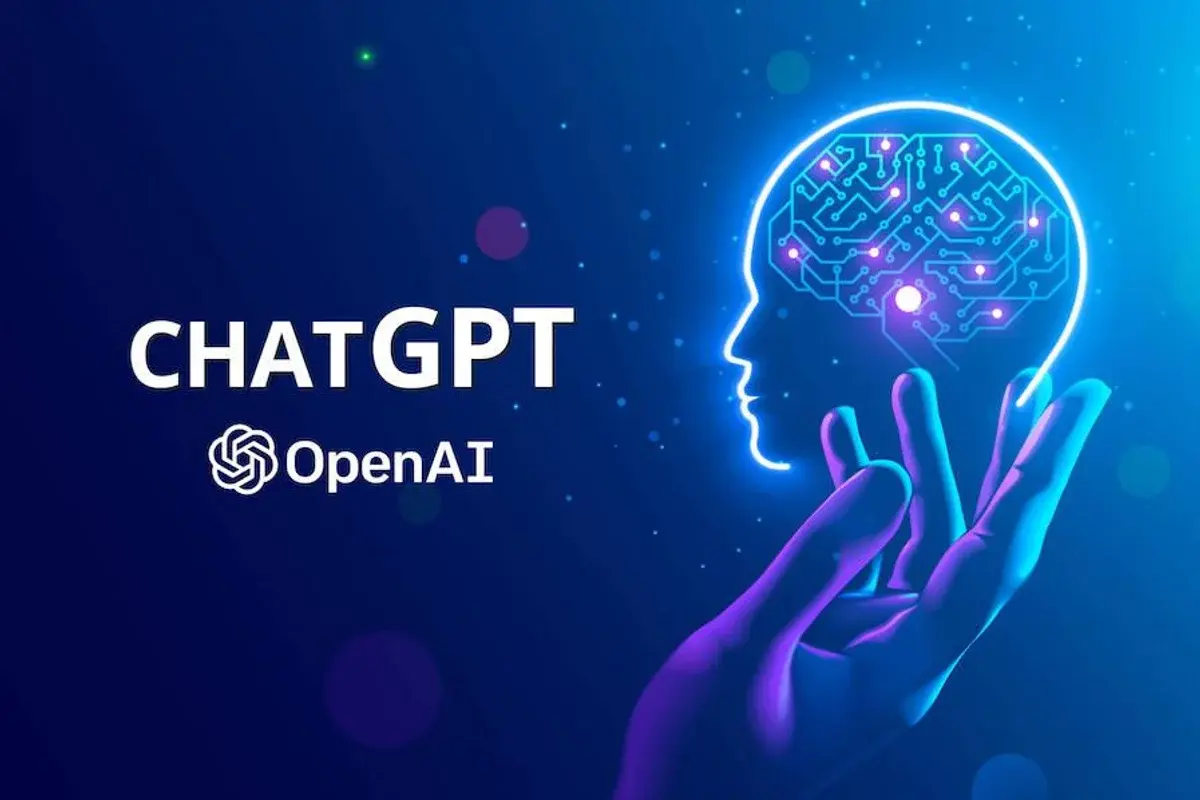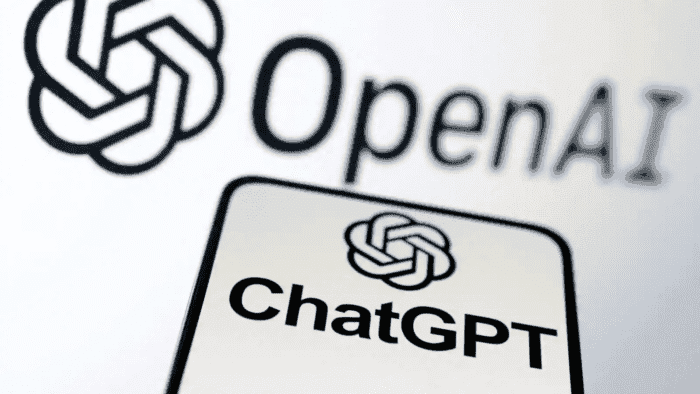Artificial intelligence (AI) has been an interesting topic for many years. Bill Gates, the co-founder of Microsoft, is a strong advocate for its benefits. He believes that generative AI models like ChatGPT will be able to serve as teachers and perform as well as any human in the near future.
During the ASU+GSV event in San Diego, Gates estimated that AI chatbots like ChatGPT will be able to help children learn to read and write in the next 18 months. This would be a more economical solution for many disadvantaged parents who cannot afford a human teacher. Gates believes that AI-powered chatbots will become as good as any human tutor and will engage in a dialogue to help students understand their shortcomings.
ChatGPT: The AI Teacher of the Future? Bill Gates Thinks So!

In the beginning, AI will mainly help learners improve the way they write and read. Gates believes that AIs will come to help teachers and give advice on writing. Several promising initiatives in this direction already exist, such as the Khanmigo project, developed by Khan Academy. The virtual teacher, powered by GPT-4, is capable of making it easier for students to learn math, science, and humanities of all ages. The Khanmigo project can also serve as a writing coach.
In recent weeks, AI has surprised the world by flaunting its capabilities. ChatGPT has passed a medical license and a law exam better than some graduates. In this context, Gates remains convinced that AI can help solve some of humanity’s major problems, such as world hunger.
However, several big names in tech, including Elon Musk, have pleaded for a suspension of AI research. They fear that AI may become too powerful and pose a threat to humanity. In response to pressure, the CEO and co-founder of OpenAI, Sam Altman, agreed to postpone the development of GPT-5, the future version of the language model, until further notice.
Despite this, Gates strongly opposes the idea of a moratorium on artificial intelligence. He believes that AI has enormous potential to help solve some of the world’s most pressing problems. AI chatbots like ChatGPT could provide an affordable solution to parents who cannot afford a human tutor. Virtual teachers like the Khanmigo project could make it easier for students to learn and improve their writing skills.
Overall, Bill Gates believes that AI will play a crucial role in the future of education. AI-powered chatbots and virtual teachers will become essential tools for students of all ages. While there are concerns about the potential dangers of AI, Gates remains convinced that the benefits outweigh the risks. He believes that AI has enormous potential to help solve some of humanity’s major problems and improve the lives of people around the world.
Bill Gates Predicts ChatGPT to Become a Valuable Addition to Education

Despite the potential benefits, there are also concerns about the ethical implications of AI in education. AI-powered tutors could reinforce biases and stereotypes, or be used to monitor and control students’ behavior, which worries some people. Others are concerned about AI’s impact on the job market and the potential for it to replace human teachers altogether.
Developing ethical guidelines and regulations is crucial to address concerns about AI in education. Educators, policymakers, and AI developers must collaborate to ensure safe, effective, and equitable use of AI. Involving students and their families in the development and implementation of AI-powered educational tools is also important to meet their needs and preferences.
In conclusion, AI has enormous potential to transform education and improve learning outcomes for students around the world. Approaching AI development and implementation with caution is important to ensure ethical, equitable, and effective use. Educators, policymakers, and AI developers can work together to create a future where AI-powered tutors and virtual teachers are an essential part of every student’s education.





